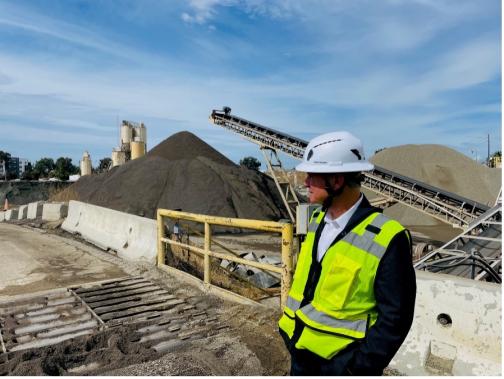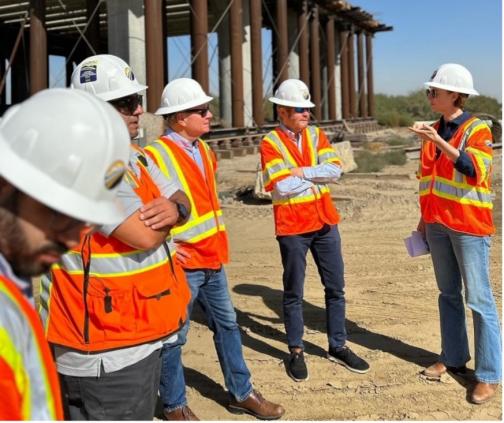On the frontlines of Climate Justice
California must continue leading the fight against climate change and toward environmental justice. This year, I was proud to be at the forefront of this fight. I worked closely with local environmental leaders like Climate Action California, The Sierra Club, and Silicon Valley Youth Climate Action, as well as tradespeople in renewable energy and industry leaders to advance several climate bills that were recently signed into law by our Governor. Along with these bills, we also made strides to lower electricity bills. I strongly supported the state’s Climate Credit program that will directly lower electricity bills and save consumers billions of dollars over the coming decades. Consumer relief is an important part of a long-term solution; energy affordability must play a part in creating a regional grid to support the ongoing demands.


As Senate Transportation Chair, I authored SB 30 that closes a loophole allowing decommissioned diesel locomotives to be shipped to other locations for continued use. It will prevent California from exporting some of the most polluting locomotives in the world to other communities and countries, particularly those with fewer environmental protections.
Diesel exhaust contains over 40 cancer-causing chemicals and contributes to asthma, heart disease, lung cancer, and climate change. Black carbon particulates and ozone - both key components of diesel emissions - not only damage human health but are also powerful climate-warming agents.
California should not undermine its own environmental progress by exporting pollution to vulnerable communities abroad.
SB 400 protects clean energy workers and ensures California can fully benefit from President Biden’s Inflation Reduction Act. This bill removes legal barriers for renewable energy companies and ensures California workers can access higher wages while the state accelerates its transition to clean energy.
SB 653 supports environmentally sensitive vegetation management (ESVM) by guiding the implementation of funding for ESVM projects. ESVM will preserve biodiversity, prevent habitat degradation, and improve wildfire resilience, so that the state’s wildfire prevention strategies protect both communities and ecosystems. The bill was sponsored by our very own Midpeninsula Regional Open Space District.
Wildfires are one of California’s most devastating climate-driven threats, destroying ecosystems, displacing wildlife, and polluting our air with toxic smoke. SB 429 ensures that homeowners, first responders, and local governments alike have access to transparent, science-based wildfire risk data, so they can better protect their homes, reduce emissions, and prepare for the disasters of a warming climate.
All of these laws will give communities the tools to adapt, not only to make it easier on families, but also to build long-term environmental resilience in the face of climate change.
